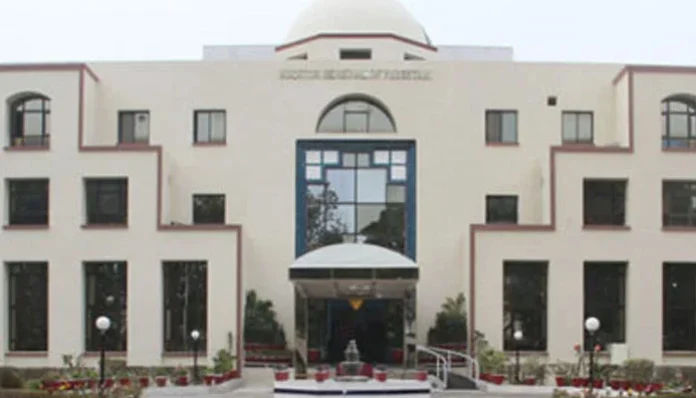LAHORE: A new report by the Auditor General of Pakistan has shed light on staggering financial irregularities in Punjab, revealing how loopholes, weak oversight, and misuse of public funds have cost the province over Rs1 trillion during the last fiscal year.
The audit report for 2024–25, which covers the government’s spending for the financial year 2023–24, details a mix of fraud, misappropriation, overpayments, mis-procurement and poor financial controls that auditors say must be urgently addressed.
According to the findings, auditors flagged 14 instances of fraud and misappropriation worth Rs3.1 billion, while unauthorized and excess payments in various departments added up to over Rs25 billion. Cases of sloppy financial management cost another Rs10.6 billion, and mis-procurement — not following the rules when awarding contracts — was pegged at Rs43 billion.
But by far the biggest blow came from funds being kept outside the treasury in commercial bank accounts instead of the government’s main account, an issue that alone accounts for nearly Rs988 billion. This, according to the report, includes cases where government bodies parked huge sums in non-interest-bearing accounts, depriving the province of valuable returns.
In total, auditors highlighted hundreds of instances where money was mishandled or misused. They noted that only Rs2.2 billion has been recovered so far out of over Rs25 billion flagged for recovery.
The audit also pointed to long-standing weaknesses in planning and financial discipline — from weak controls over payrolls to poor contract management, vague HR hiring, and performance shortfalls. It recommended stronger checks and serious disciplinary action against officials found guilty of mismanagement or fraud.
The detailed report paints a picture of misplaced priorities too. Sectors like communication and works, health, education, housing and urban development consumed the lion’s share of spending — about 73 percent — while critical areas like agriculture and irrigation, vital for Punjab’s economy, got a meager share.
In response, Punjab’s Minister for Information Azma Bukhari promised a legal and transparent follow-up. She confirmed that all audit findings will be scrutinized by the Special Departmental Accounts Committees (SDACs) and any unresolved issues will go to the Public Accounts Committee (PAC). She stressed that any premature action before this process would be legally inappropriate.
Meanwhile, the report recommends the Punjab government modernize its revenue collection, plug leaks, update spending rules, boost productivity in agriculture and industry, and adopt smarter technology to plan and monitor resources more effectively.
Whether these recommendations translate into real reforms remains to be seen — but the scale of the irregularities laid bare by this audit shows just how urgent that change is.




